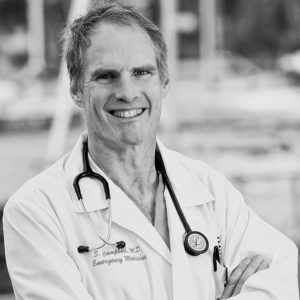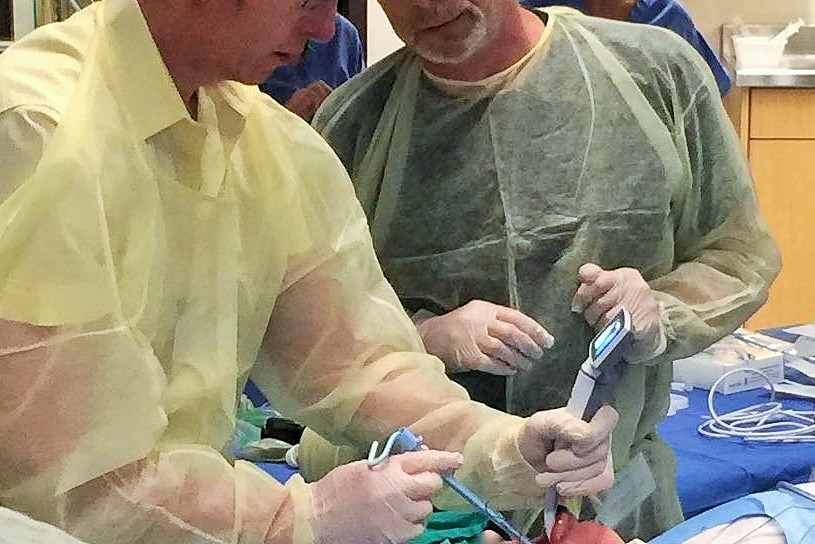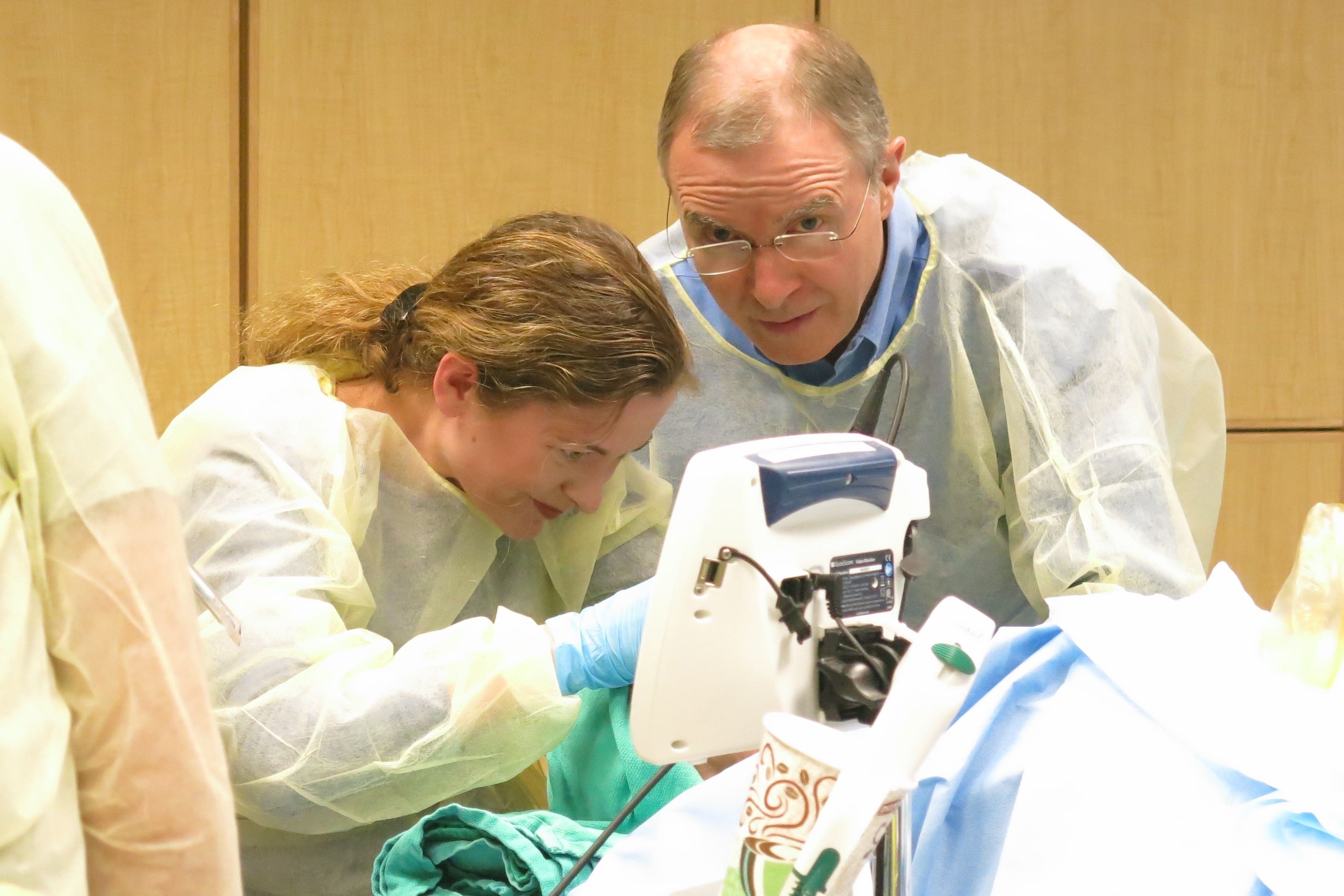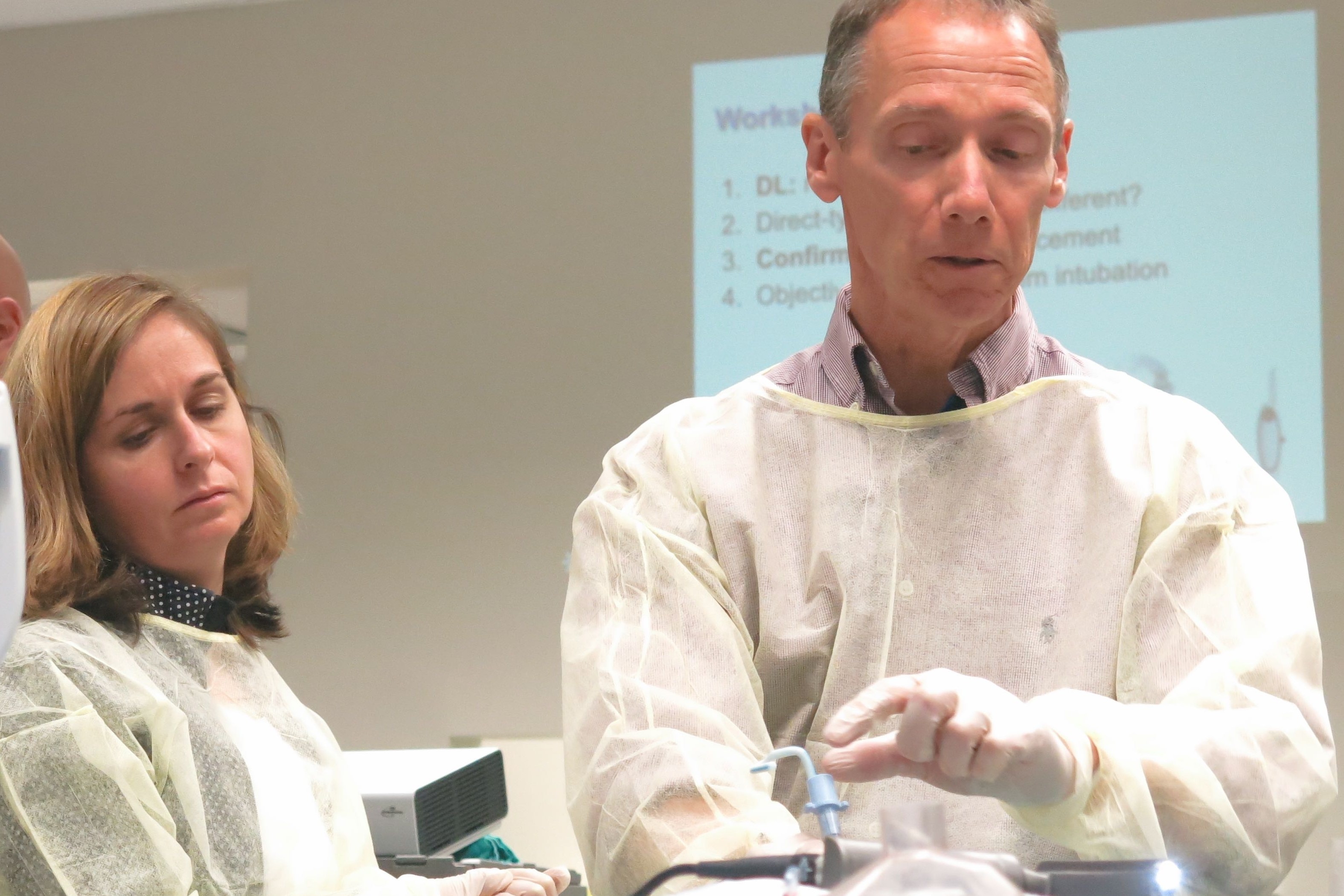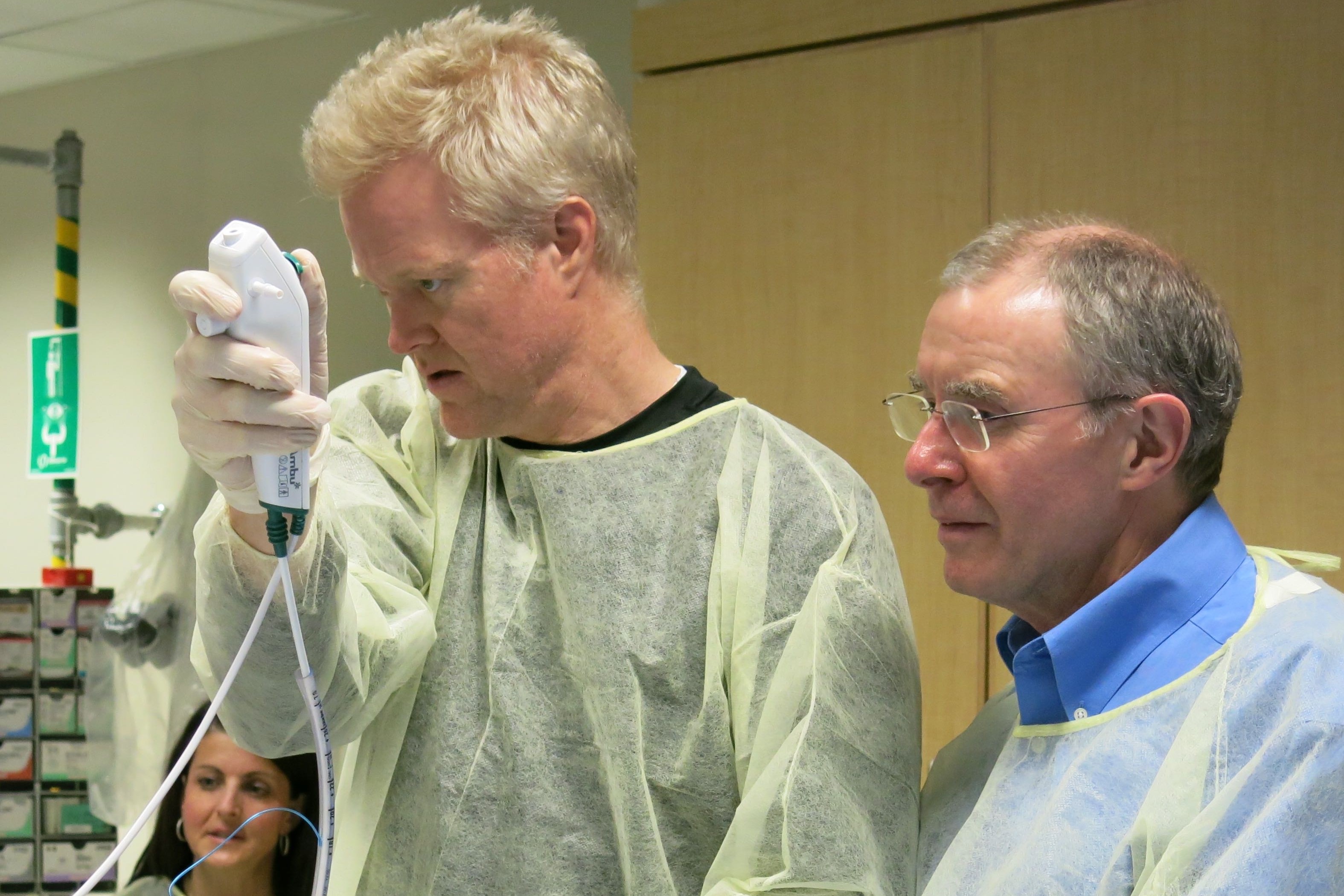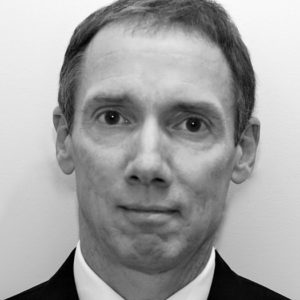 Dr. Adam Law is a staff neuroanesthesiologist at the QEII Health Sciences Centre in Halifax, Nova Scotia and Professor of Anesthesiology at Dalhousie University. He is also medical director of the Atlantic Health Training and Simulation Centre in Halifax. Before returning to residency and fellowship training in anesthesia, Dr. Law spent 6 years in general practice in a small town in rural New Brunswick. He now teaches airway and difficult airway management across Canada and the US.
Dr. Adam Law is a staff neuroanesthesiologist at the QEII Health Sciences Centre in Halifax, Nova Scotia and Professor of Anesthesiology at Dalhousie University. He is also medical director of the Atlantic Health Training and Simulation Centre in Halifax. Before returning to residency and fellowship training in anesthesia, Dr. Law spent 6 years in general practice in a small town in rural New Brunswick. He now teaches airway and difficult airway management across Canada and the US.
Dr. Sam Campbell went to Med school in South Africa, did his emerg training at St Paul’s in Vancouver. He is an Associate Professor of Emergency Medicine, Dalhousie University, Chief of Emergency Medicine, Charles V Keating Emergency and Trauma Centre in Halifax, a Trauma Team Leader; and On-line Medical consultant to the IWK/Maritime Poison Centre, EHS Nova Scotia Air Ambulance and Ground Ambulance services. His special interests are: The emergency management of Infectious and respiratory disease, continuous quality improvement and airway management.
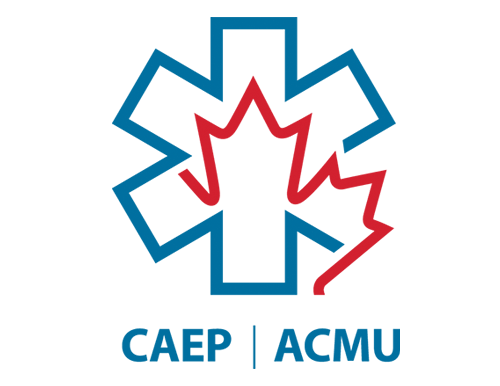
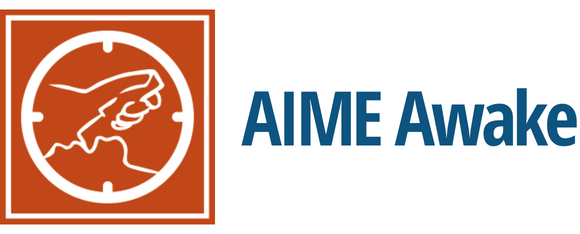

 Dr. Adam Law is a staff neuroanesthesiologist at the QEII Health Sciences Centre in Halifax, Nova Scotia and Professor of Anesthesiology at Dalhousie University. He is also medical director of the Atlantic Health Training and Simulation Centre in Halifax. Before returning to residency and fellowship training in anesthesia, Dr. Law spent 6 years in general practice in a small town in rural New Brunswick. He now teaches airway and difficult airway management across Canada and the US.
Dr. Adam Law is a staff neuroanesthesiologist at the QEII Health Sciences Centre in Halifax, Nova Scotia and Professor of Anesthesiology at Dalhousie University. He is also medical director of the Atlantic Health Training and Simulation Centre in Halifax. Before returning to residency and fellowship training in anesthesia, Dr. Law spent 6 years in general practice in a small town in rural New Brunswick. He now teaches airway and difficult airway management across Canada and the US.